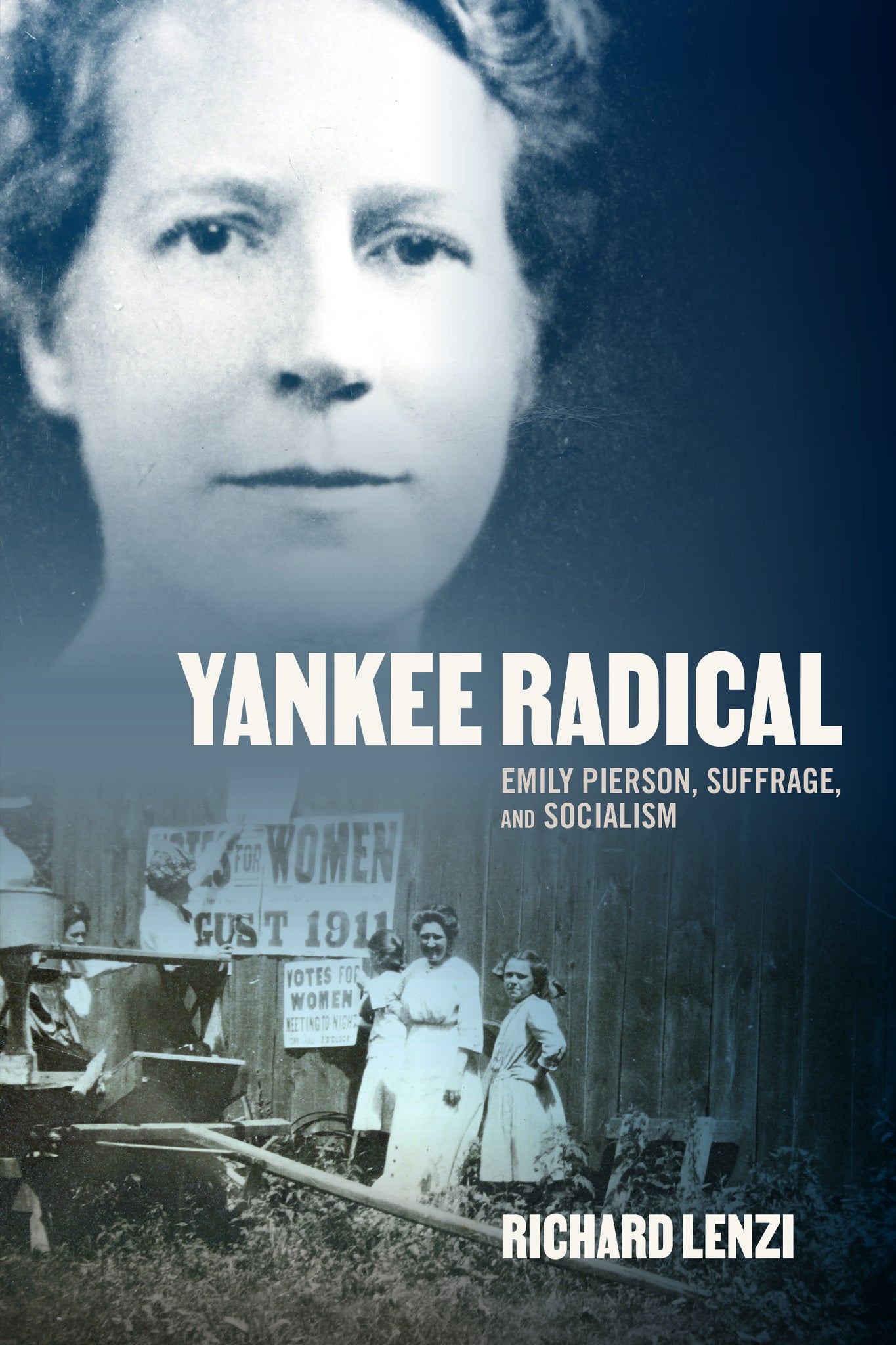We're sorry. An error has occurred
Please cancel or retry.
Yankee Radical

Brings Connecticut suffragist and socialist Emily Pierson out of the shadows, exploring her role in the social and political movements that shook America from the 1910s to the Cold War.
At once the story of a largely forgotten local firebrand of left politics in Connecticut, Yankee Radical chronicles the life and activism of Emily Miller Pierson. Born in Cromwell, Connecticut, Pierson was the scion of a wealthy family that owned an industrial-scale horticultural firm. After graduating from Vassar College in 1907, she immersed herself in the suffrage movement, becoming the primary ground-level organizer and strategist in her state. During the 1930s, she raised her political involvement to a new level, as Connecticut's most prominent supporter of the Communist Party and the Soviet Union, and later China. Her activities as a spokesperson, leader, and "financial angel" of the left over three decades earned her FBI surveillance and a spot on the US government's Security Index for possible detention. Still, she clung fiercely to her radical beliefs up until her death at the age of eighty-nine. Drawing on Pierson's papers and FBI file, Richard Lenzi offers an in-depth look at the political and social setting in which Pierson operated, from the development of industrial unionism in the state to McCarthyism and the Cold War.


"Connecticut and the Communist Party make for a fascinating microhistory. Emily Pierson is an ideal figure through whom to understand that history. I have read plenty of FBI files in my time, but Emily's file is absolutely wild. The great strength of Yankee Radical lies in Lenzi's nuanced local analysis of suffrage, communism, and labor organizing in Connecticut." — Denise Lynn, author of Women March for Peace: Black Radical Women’s Anti-Korean War Activism
"An outstanding work. Yankee Radical contributes greatly to the developing scholarship on the radical left. Lenzi's discussion of Pierson's activities, from the early suffrage movement up until her death, covers most of the twentieth century in a way that no other book does." — Norman Markowitz, Rutgers University




